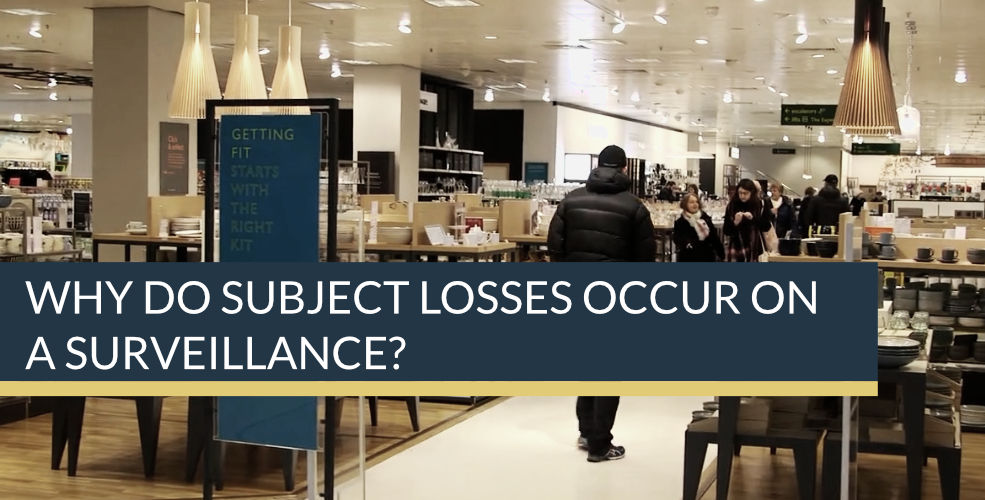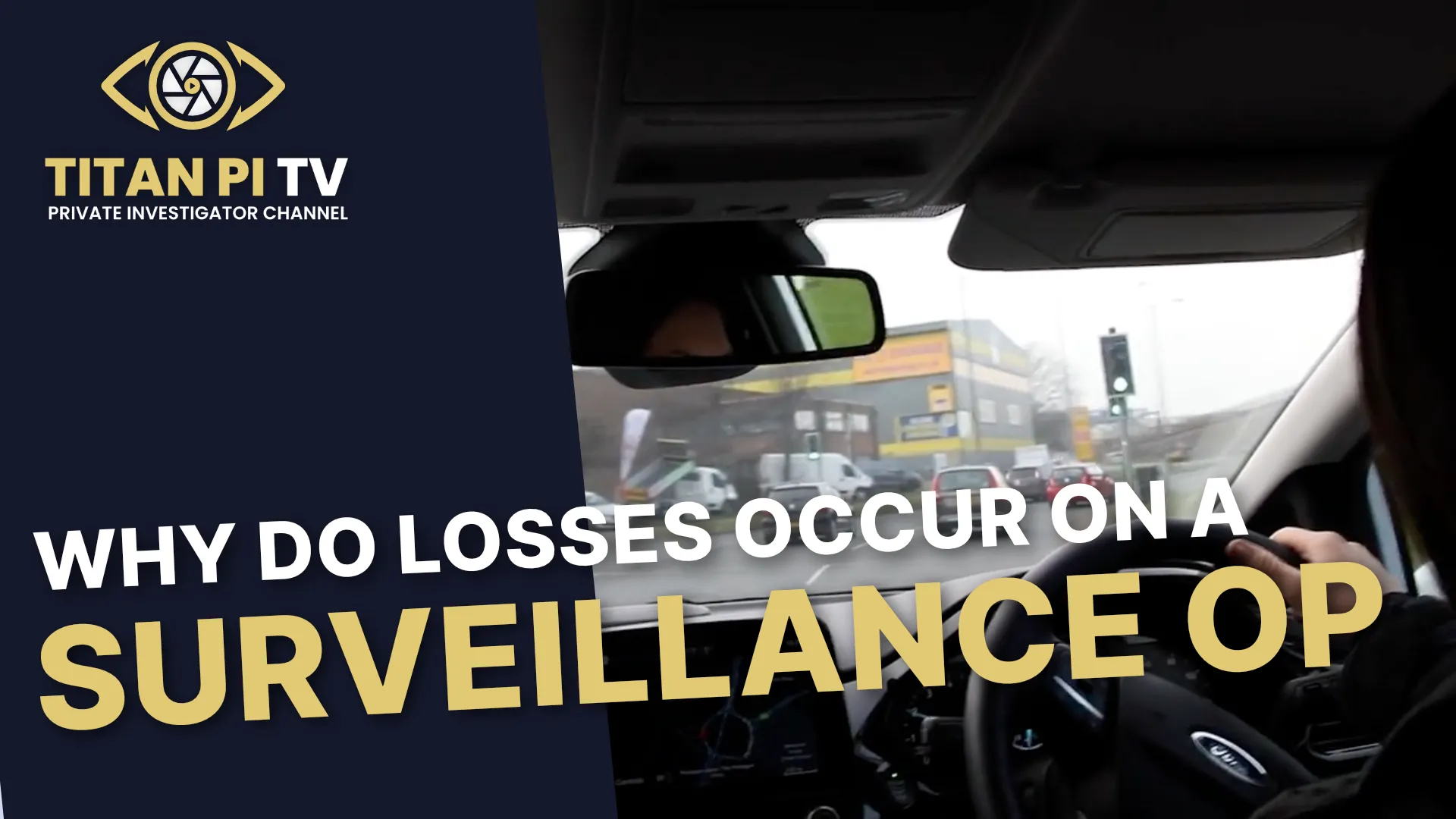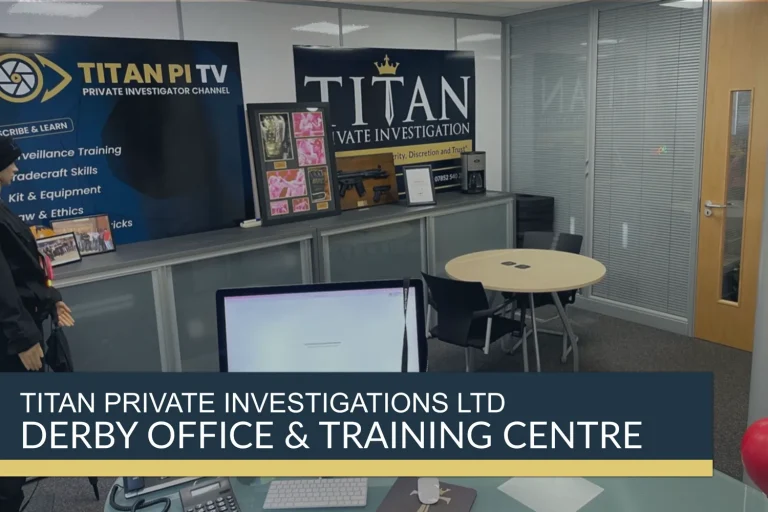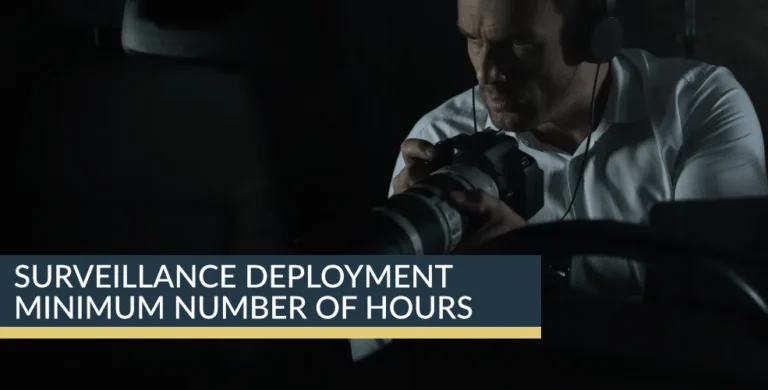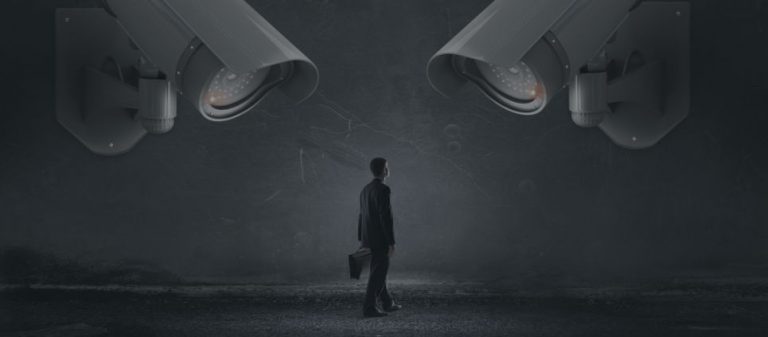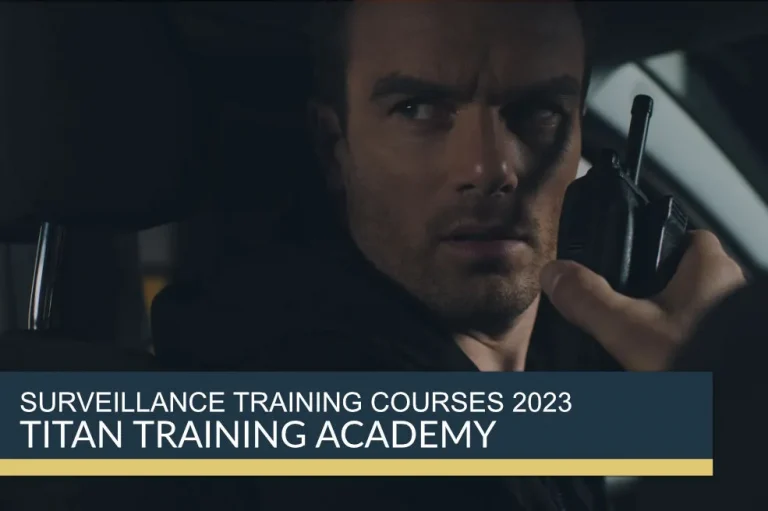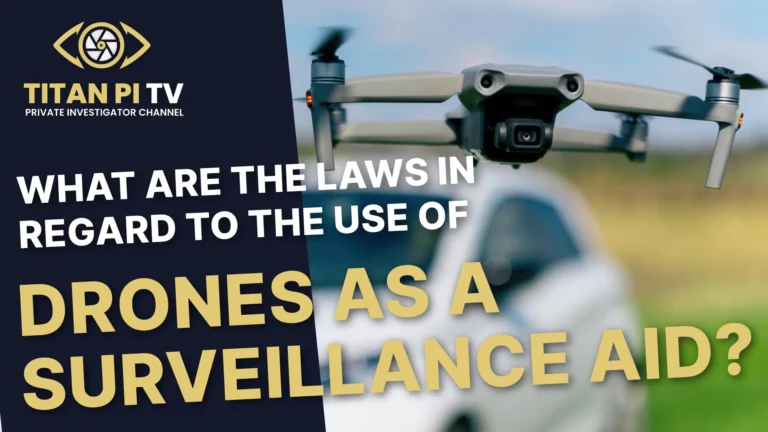Why do subject losses occur on a surveillance?
Surveillance is the art of covertly monitoring and recording the movements of an individual or individuals without being detected. When a person is involved in criminality then they generally show a higher surveillance awareness as they are looking for law enforcement and are aware that their actions are against the law and don’t want to be evaded. Most private or corporate surveillance deployments, however, are of a non-criminal nature. In these cases, once the subject of the investigation is away from the start location, whether that be a work or home address, they are generally less aware.
This being the case, it is generally less likely to have a loss or a compromise. However, if only one surveillance operative is deployed on a surveillance deployment, regardless of whether the subject is surveillance aware or not, they will become aware that they are being followed. They will become aware of the same person following them on foot or the same vehicle driving their exact route. The subject may then perform anti surveillance manoeuvres or try to lose the operative/ vehicle. Once this behaviour is displayed, then the deployment is no longer covert, and the decision should be made to terminate the surveillance leading to a loss. If the surveillance is continued, then the surveillance is not covert and is compromised which may lead to ramifications for the client or put the operative in danger.
If two or more operatives are deployed depending on location requirements, the likelihood of a loss is less likely. The main reason being that the operatives share exposure and handover to one another to avoid the same operative or vehicle being behind the subject meaning that they are much less likely to be detected. This will negate the subject displaying any anti-surveillance or trying to lose the surveillance team. This is how surveillance deployments should be conducted.
During a surveillance there are various hazards where a surveillance team is more likely to experience a temporary or total loss of a subject.
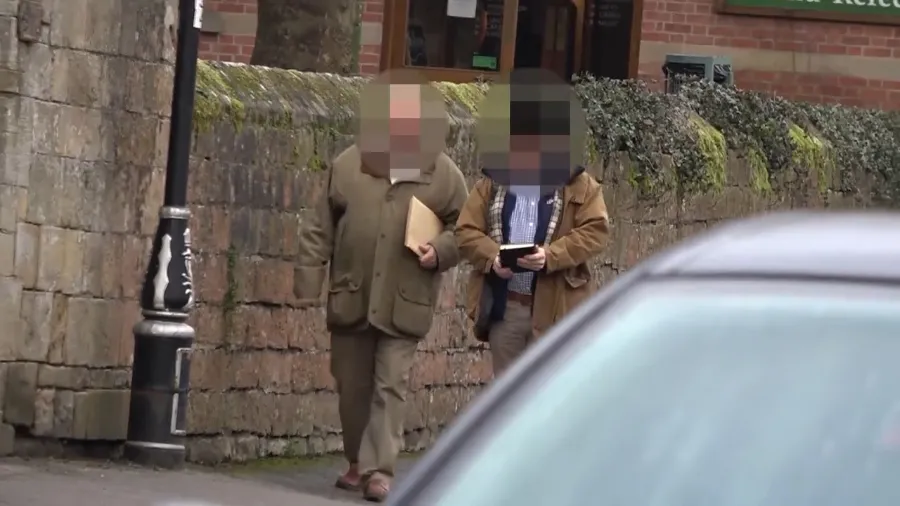
Temporary Loss
A temporary loss is where the subject is lost temporarily, but there are no points of deviation for the subject to escape. So, although we can’t see the subject, they are only temporarily away from the surveillance team’s view.
Total Loss
A total loss is where the subject is away from the surveillance team’s view and there is a point of deviation meaning that the subject could have escaped. In these situations, the surveillance team is required to perform a loss procedure to attempt to regain control of the subject again.
Some examples of where a temporary or a total loss can occur during a mobile surveillance are:
- Traffic lights – where the subject vehicle gets through a set of traffic lights and the surveillance team don’t.
- Roundabouts – when the subject enters a roundabout however the team are balked by other road users.
- Slow movers – when the subject passes lorries on a dual carriageway. Before the surveillance team are able to pass, one of the lorries pulls out to overtake the other.
- Out on foot – when a subject exits a vehicle and there is no parking for the surveillance team.
- Rural location – where the subject is on rural roads so the gap between the subject and the surveillance team is further apart to avoid detection.
- Nighttime – when a subject drives at night there are fewer vehicles on the road which makes it harder for the surveillance to remain covert.
- Erratic driving – when a subject drives erratically, at speed or contravenes traffic lights.
Temporary loss or total loss examples
Examples of where a surveillance team may experience a temporary or total loss whilst following a subject on foot are:
- Busy environment – when a subject walks within a highly populated area such as a city centre on a busy Saturday afternoon.
- Quiet environment – when a subject walks within a very quiet area meaning the surveillance team need to give the subject much more space to avoid detection.
- Shopping centre – when a subject enters a shop where there are multiple exits on multiple floors such as a department store.
- Transport hubs – when a subject catches a train to a busy train station such as St Pancras and enters a taxi and there are no other taxis available.
These are not exhaustive lists but give a flavour of how losses can occur. The more information a surveillance team has from the client, such as a possible itinerary or modes of transport, will allow tactics to be employed to negate the potential of a loss.
If an investigation agency offers surveillance with only one operative, then this should ring alarm bells and demonstrate that they don’t understand or have a good knowledge of surveillance tactics. This will no doubt result in a loss or a compromise and is a waste of a client’s money.
Surveillance Operations, Who do I contact for further advice?
For further advice and information in regard to surveillance or surveillance training, please feel free to speak to us for further advice and in complete confidence.
London Surveillance Operations – Call the Titan Investigations London Office 020 39046622
Birmingham Surveillance Operations – Call the Titan Investigations Birmingham Office 0121 7162442
Cambridge Surveillance Operations – Call the Titan Investigations Cambridge Office 01223 662022
Derby Surveillance Operations – Call the Titan Investigations Derby (Head Office) 01332 504256
Leeds Surveillance Operations – Call the Titan Investigations Leeds Office 0113 4574066
Leicester Surveillance Operations – Call the Titan Investigations Leicester Office 0116 2436520
Nottingham Surveillance Operations – Call the Titan Investigations Nottingham Office 0115 9646950
Manchester Surveillance Operations – Call the Titan Investigations Office 0161 3023008
Sheffield Surveillance Operations – Call the Titan Investigations Sheffield Office 0114 3499400
Alternatively, you can contact us directly using our fully confidential contact form at enquiries@titaninvestigations.co.uk or chat directly using our Live Chat facility and one of our private investigations team will get right back to you.

